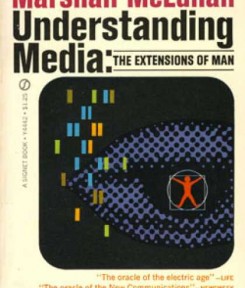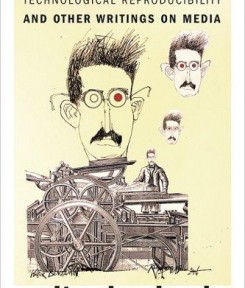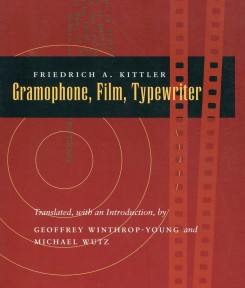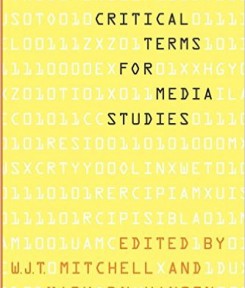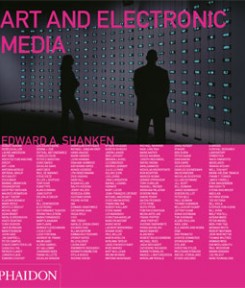This graduate level course is taught by Dr. Kate Hennessy, Assistant Professor at Simon Fraser University’s School of Interactive Arts and Technology. It is designed as a critical exploration of computational art history, theory and practice. Through artistic explorations, readings, seminar discussions, writing and concept design, students will learn to identify and explore some of the major issues that artists and designers who are working at the intersection of computing and art face in the milieu surrounding what is variously termed interactive and computational art and its discourses.
This course prepares students to critique and contextualize emerging ideas in media art, computational art, biological art, generative art, speculative design and the aesthetics of interaction. It enables students to question assumptions, to locate values and influences, and to determine design tools, artifacts and strategies through which they can communicate, express, perform, generate, represent and/or embody their artistic ideas.
Issues such as gender, culture, virtuality, materiality, narrative, presence, identity, biology, computation, space/time and cognition will be explored in relation to the diversity of computational art practice and theory. Particular focus is on the intersection of computation and artistic practices through comparative discussions and enactments of knowledge construction and so-called embodied practices. This includes emerging interdisciplinary, philosophical and cultural influences that currently shape and/or reflect interactive and computational art communities.
This semester a particular focus will be on the intersections of aesthetics, technology, and society––what Mitchel and Hansen (2010) call ‘the technoanthropological universe’. Participation in the course this semester will include gallery visits and active critical writing about contemporary curation and exhibition in the greater Vancouver region.
Please download the full syllabus on our course Canvas site.
Students will:
1. lead and participate in seminar discussions
2. contribute to online discussions of seminar topics
3. select and investigate a topic relevant to their research/practice
4. present a conceptual framework/proposal for their research/practice
5. will submit a final project in the form of a research paper (or a project/exhibit/performance with a shorter written component)
6. present their final project in a course symposium at the end of term
Alternative and speculative final projects are encouraged, and work in small teams is possible, but students who wish to pursue these options must first obtain the instructor’s permission to do so.
GRADING:
- Participation and Weekly Assignments 10%
- Response Paper 15%
- Individual Seminar Presentation 15%
- Research/Project Proposal 10%
- Final Project/Paper and Symposium Presentation 45%
REQUIREMENTS:
Some combination of programming and art (including the performing arts and music) experience is desireable, but is not strictly required.
If you are unsure about your suitability, please contact the instructor: Dr. Hennessy (hennessy_kate@sfu.ca)
